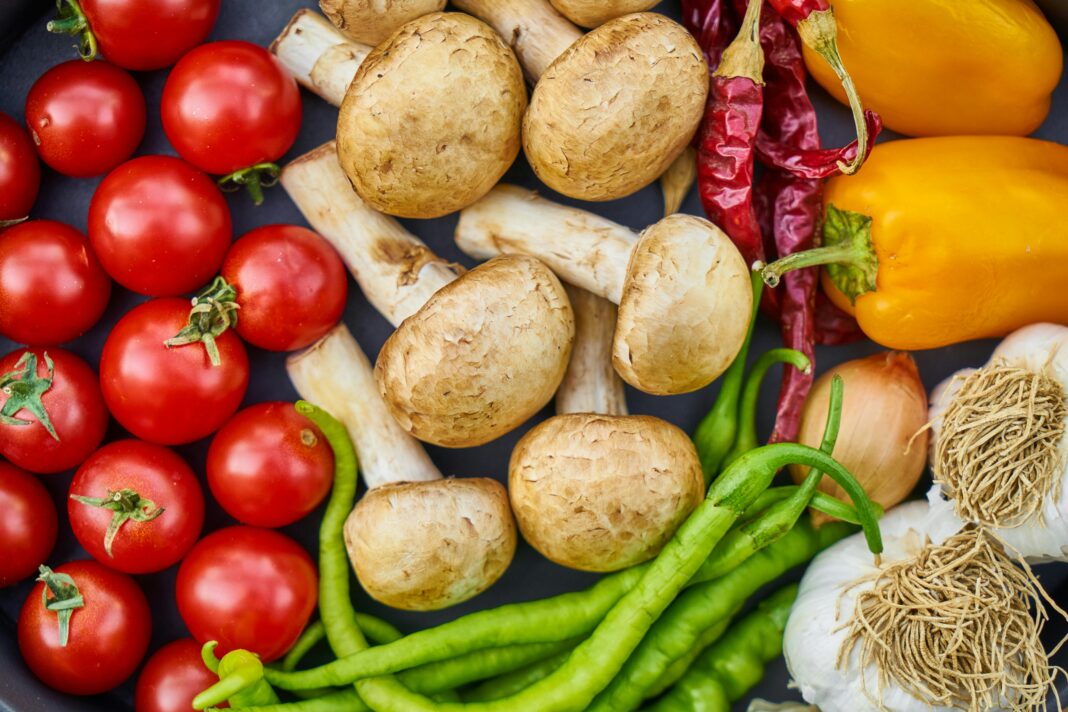Introduction
Have you ever encountered the term ỏganic while browsing groceries or exploring beauty products? This ubiquitous label carries a weight of implication, often associated with health, sustainability, and natural ingredients. But what exactly does ỏganic mean, and how can you be sure a product truly deserves this label? This article delves into the world of organic, explaining its core principles, regulations, and the potential benefits it offers.
Decoding the Label: What Does ỏganic Really Mean?
There are two primary contexts in which “organic” is used:
- Organic Farming: This refers to a specific agricultural method that prioritizes natural processes and avoids the use of synthetic fertilizers, pesticides, genetically modified organisms (GMOs), and antibiotics in livestock production.
What are synthetic fertilizers and pesticides? These are man-made chemicals used to boost crop growth and control pests, respectively.
- Organic Processing: This applies to the processing and handling of organic ingredients after harvest. It emphasizes minimal processing and the use of natural additives to preserve the integrity of the organic product.
Key takeaway: Organic products originate from a system that minimizes artificial manipulation and prioritizes natural processes.
Unveiling the Regulations: How is “Organic” Certified?
The specific regulations for organic certification can vary depending on the country or region. However, some general principles apply:
- Government Oversight: Government agencies establish guidelines and oversee the certification process. In the US, the Department of Agriculture (USDA) plays this role.
- Inspection and Monitoring: Organic farms and processing facilities undergo regular inspections to ensure compliance with organic standards.
- Certification Label: Products that meet the requirements are awarded an official organic certification label, allowing consumers to identify them easily.
Key takeaway: Organic certification ensures a product adheres to established regulations for organic production and processing.
Exploring the Benefits: Why Choose ỏganic?
There are several potential advantages associated with choosing organic products:
- Reduced Exposure to Chemicals: Organic farming minimizes the use of synthetic chemicals, potentially reducing your exposure to these substances in your food.
- Environmental Sustainability: Organic practices aim to promote soil health, reduce pollution, and conserve water resources, contributing to a more sustainable agricultural system.
- Animal Welfare: Organic livestock standards often emphasize humane treatment and access to outdoor spaces, potentially improving animal welfare.
- Potential Health Benefits: Some studies suggest organic food might contain higher levels of certain antioxidants compared to conventionally grown options. However, more research is needed to confirm these findings.
It’s important to note:
- Price Point: ỏganic products often come at a premium price due to the stricter production methods.
- Limited Availability: Organic options might not always be readily available in all stores or regions.
- Not a Guarantee: Organic certification doesn’t necessarily equate to superior nutritional value.
Key takeaway: Choosing organic offers potential benefits for your health and the environment, but it’s important to weigh the cost, availability, and individual product variations.
Understanding Labels Beyond “Organic”
While “organic” is a valuable indicator, it’s not the only factor to consider when making informed choices. Here are some additional labels to be aware of:
- Locally Grown: This indicates the product was grown or raised close to where it’s sold, potentially reducing transportation emissions.
- Fair Trade: This label signifies the product was produced according to fair labor standards, ensuring fair wages and working conditions for farmers and workers.
- Non-GMO: This indicates the product doesn’t contain genetically modified organisms.
Key takeaway: Consider a variety of labels beyond “organic” to make well-rounded purchasing decisions.
FAQs
- Is organic food always healthier than conventional food?
There’s no definitive answer. While some studies suggest potential health benefits from organic options, the nutritional differences might be subtle.
- Is organic farming better for the environment?
Organic practices generally aim to promote soil health and reduce pollution, potentially benefiting the environment. However, the environmental impact can vary depending on specific farming practices.
- How can I afford organic products on a budget?
- Focus on staples: Prioritize organic purchases for items you consume frequently, like fruits and vegetables.
- Buy seasonal: Seasonal produce is often more affordable and may have a lower environmental footprint.
- Shop at farmers markets: Farmers markets can offer fresh, local produce at competitive prices.
- Key takeaway: There are ways to incorporate organic options into your diet without breaking the bank.
Conclusion
Understanding the core principles of organic production and processing empowers you to make informed choices as a consumer. While ỏganic doesn’t guarantee absolute superiority, it signifies a commitment to natural methods and potentially reduces your exposure to chemicals and promotes environmental well-being. Remember, organic is just one piece of the puzzle. Consider factors like local sourcing, fair trade practices, and overall dietary balance when making purchasing decisions. By taking a holistic approach, you can contribute to a more sustainable and responsible food system while nourishing your body with healthy options.




